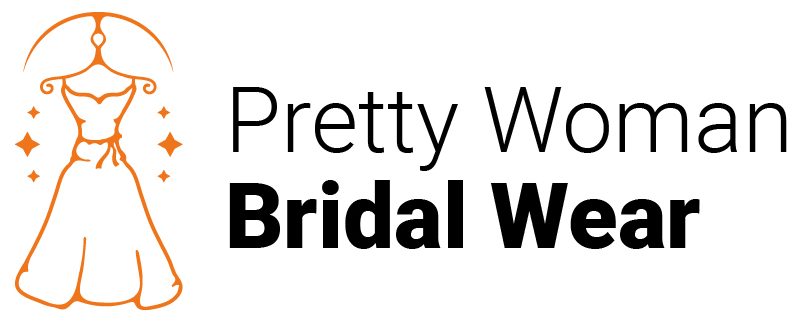Our names are at the core of who we are. However, in Britain, almost all married women – – nearly 90% according to a study – have abandoned their initial surname to take the name of their husband.
The study found that the youngest women, aged between 18 and 34, have chosen to get married. Women, in error, think it’s an obligation under the law. The majority of countries in the west of Europe, along with the US, have the same rules.
This shift in women’s identity through the use of the husband’s name has been a result of the patriarchal past in which wives did not have a surname other than “wife of X.” The wife was a husband’s property, and up until the 19th century, women in England surrendered all their rights to property and parental rights to husbands upon marriage.
How can a system resulting from the subordination of women to men endure so long in the era of women’s freedom?
To comprehend how this works, in our research, we conducted interviews with soon-to-be-married or recently engaged women and men from England in England and Norway. Norway is an interesting case since, even though it is frequently placed as one of the top four nations globally in terms of women’s equality, the majority of Norwegian wives continue to use their husbands’ names.
Resistance and patriarchy
The patriarchal power isn’t gone. In England, For instance, some husbands had marriages contingent on their wives being married to their names. Mandy provides a fascinating example of this:
I really didn’t intend to alter my identity, however … He told me that if my name hadn’t been changed, there would be no need to marry … He declared that the wedding would be nothing.
In the majority of cases, male dominance in the name was assumed to be the norm. English women often referred to traditions as “traditional and conventional” (Eleanor); they believed that a name change was “the right thing to do” (Lucy). For Jess, the purpose of her marriage consisted of “I’ll take my partner’s surname and stand by my vows.”
We discovered that such opinions were less prevalent in Norway, where women overwhelmingly retain their names as a second surname, a middle term to safeguard their identity.
For a few English women, assuming the name of their husband was not just accepted but not questioned, but it was also eagerly looked forward to. According to Abigail stated, “I’m so looking forward to being a wife and having my surname changed.” Adele believed that “it’s nice to be able to say ‘husband’ and take someone else’s name and call yourself ‘Mrs’.”
He is the one who is still asking her questions, which is dated and problematic.
The other aspect of patriarchal power was that certain women were not willing to give up their identity. As Rebecca explained:
I want to retain my identity … It is my right to want to be myself, and I don’t want anyone to forget my identity.
In Norway, Caroline was feeling the same:
I am who I am. Therefore, I don’t need to change my name.
The two Norwegian ladies had a conversation to express explicit feminist concerns. Anna believed that changing names “says a lot about the patriarchal culture.” Oda, on the other hand, was more critical. Oda condemned women for not considering the meaning of a name, and males were criticized for their “weird” practice of imposing their names on others.
The “good family.”
Many name changers played between the two poles of masculinity and women’s opposition. However, it appears that taking the name of the husband can be considered to be a great way to convey to others the world that this is a” good family.” According to Claire, “I would like [others] to know that we were a family and I think names is quite a good way of doing that.”
Both countries discovered an often-used surname that represented the family as a whole and is primarily linked to having children. Eirin in Norway was battling between “the feminist me” and her husband, who wanted her to adopt his surname; however, she believed it wasn’t “not urgent, at least not until you have children.”



